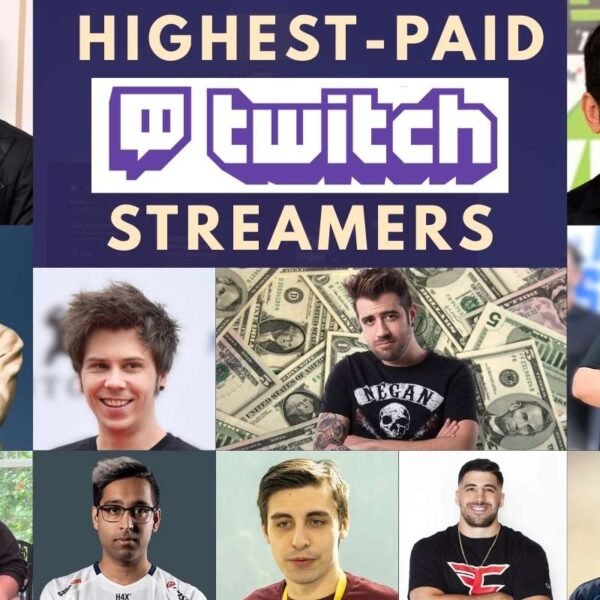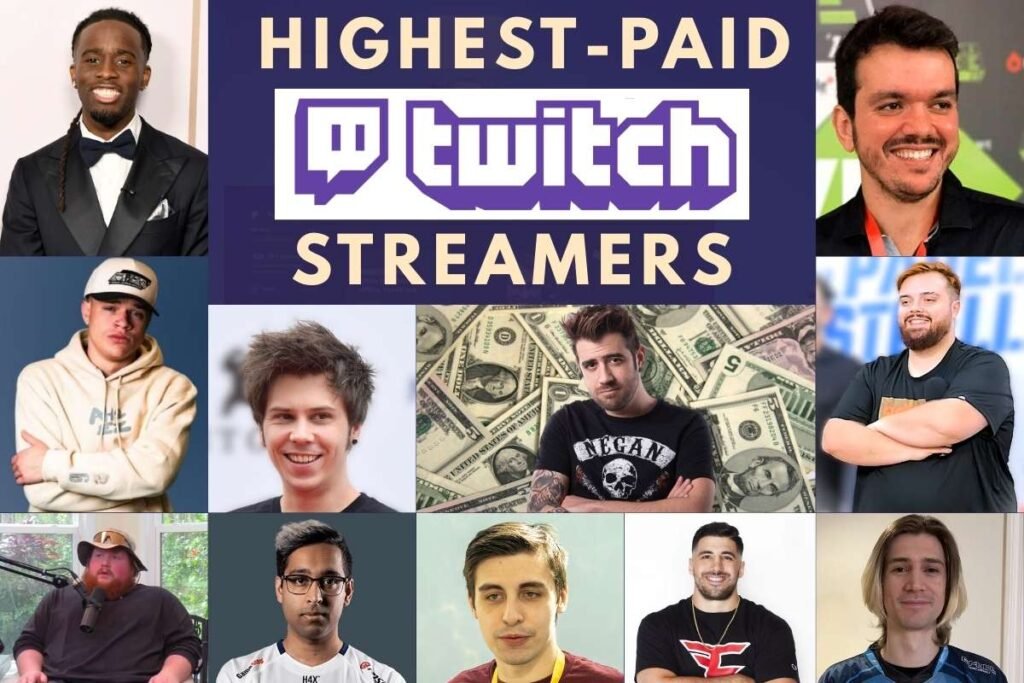Wealth and success are usually linked to age and experience, but a new group of very rich young people is changing the game. The youngest billionaires aren’t just inheriting money; many are self-made innovators, disruptors, and entrepreneurs who are reshaping what success means in the 21st century. Their stories show a mix of ambition, creativity, privilege, and good timing.
In this article, we highlight some of the world’s youngest billionaires around the world, look at the industries that are helping them grow their wealth, and explain what makes this generation of billionaires different.
A Snapshot: Who Are the World’s Youngest Billionaires?
Every year, Forbes releases a list of billionaires, and the spotlight often shines brightest on those under 30. This elite list features a mix of young tech prodigies, crypto visionaries, social media moguls, and heirs to massive family fortunes.
Top 10 World’s Youngest Billionaires Redefining Success
Here are a few standout names among the world’s youngest billionaires in 2025:
1. Clemente Del Vecchio (Age 19, Italy)

- Net Worth: $3.9 billion
- Source of Wealth: Inheritance – Luxottica
Clemente inherited his wealth through his late father Leonardo Del Vecchio, founder of the eyewear giant Luxottica (behind brands like Ray-Ban and Oakley). He is among several siblings who are beneficiaries of the family’s vast empire.
2. Livia Voigt (Age 19, Brazil)
- Net Worth: $1.1 billion
- Source of Wealth: Inheritance – WEG SA
Livia Voigt is currently the youngest billionaire in the world. She inherited her fortune from WEG SA, a multinational corporation co-founded by her grandfather. Despite her young age, Livia represents a generational shift in wealth, highlighting the growing trend of legacy families transitioning assets earlier in life.
3. Ben Francis (Age 32, UK)
- Net Worth: $1.3 billion
- Source of Wealth: Self-made – Gymshark
Though slightly older than others on this list, Ben Francis’ story stands out. He founded Gymshark, a global fitness apparel brand, while still in university. His rise reflects how digital-native entrepreneurs can build empires through social media, community engagement, and direct-to-consumer models.
4. Kevin David Lehmann(Age 22, Germany)
- Net Worth: $2.5 Billion
- Source of Wealth: Inheritance (dm-drogerie markt)
Kevin inherited a 50% stake in Germany’s leading drugstore chain from his father. Despite the massive fortune, Kevin keeps a low public profile and remains uninvolved in the company’s day-to-day management.
5. Kim Jung-youn(Age 21, South Korea)

- Net Worth: $1.3 Billion
- Source of Wealth: Inheritance (Nexon Gaming)
After the death of her father, Kim Jung-ju, founder of Nexon (a global gaming powerhouse), Jung-youn inherited a sizable share in the company. Her fortune is a symbol of Asia’s growing influence in global tech and gaming.
Also Read: The Richest People in the World: Inside the Journeys of the Top 10 Billionaires (2025)
6. Ben Francis(Age 32, UK)
- Net Worth: $1.2 Billion
- Source of Wealth: Self-made (Gymshark)
While technically not one of the youngest anymore, Ben Francis became a billionaire in his 20s. He started Gymshark, a fitness apparel brand, from his mom’s garage. His rise is a modern blueprint for young entrepreneurs seeking global e-commerce success. An honorary mention for self-made status.
7. Alexandr Wang(Age 27, USA)
- Net Worth: $1.1 Billion
- Source of Wealth: Self-made (Scale AI)
Alexandr Wang is a math prodigy who dropped out of MIT to co-found Scale AI, a company that provides data annotation services to train AI models. His success is built on the back of AI’s exponential growth, and he’s seen as a prodigy in Silicon Valley.
8. Katharina Andresen (Age 29, Norway)
- Net Worth: $1.4 Billion
- Source of Wealth: Inheritance (Ferd)
Katharina, along with her sister Alexandra, inherited their fortune from their father’s investment firm, Ferd. While the wealth is inherited, the Andresen sisters have also engaged in philanthropic and climate-conscious investment initiatives.
9. Alexandra Andresen(Age 28, Norway)
- Net Worth: $1.3 Billion
- Source of Wealth: Inheritance (Ferd)
Alexandra, like her sister, has taken a thoughtful approach to wealth. She is also known for her championship-level horse riding and social activism.
10. Ryan Breslow(Age 30, USA)

- Net Worth: $1 Billion
- Source of Wealth: Self-made (Bolt)
Founder of fintech startup Bolt, Breslow made headlines for his unconventional leadership style and viral Twitter threads. He became one of the world’s youngest billionaires through his bold attempts to redefine online payments and e-commerce.
Read Also: The World’s Highest-Paid Athletes in 2025: Money, Fame, and the Stories Behind the Numbers
The Risks and Criticism
With great wealth often comes scrutiny. Many of the world’s youngest billionaires face questions about:
- Privilege: Critics argue that many had access to elite networks, education, or inherited assets.
- Sustainability: Is their wealth built on hype (e.g., in crypto or fashion) or solid fundamentals?
- Responsibility: Young billionaires are increasingly expected to champion social causes, given their influence and means.
Moreover, fast success can sometimes lead to equally fast downfalls. Cases like Sam Bankman-Fried highlight the volatility of emerging industries and the ethical dilemmas facing young entrepreneurs.
Billionaire Trends to Watch in the Coming Years

As Gen Z enters the workforce and takes over family businesses, the trend of youthful billionaires is likely to accelerate. Here’s what the future may hold:
- More Diversity: Expect to see more young billionaires from non-Western countries, especially India, China, and Southeast Asia.
- AI Founders: As artificial intelligence becomes more democratized, we could see teenage founders of billion-dollar AI startups.
- Impact-Focused Wealth: Younger billionaires are increasingly interested in sustainability, climate tech, and ethical capitalism.
- Billionaires from Creator Economy: YouTubers, podcasters, and digital creators may soon rival traditional tech moguls in net worth.
Final Thoughts
The rise of the world’s youngest billionaires is more than just a story about money. It shows how work, opportunities, and innovation are changing. Whether they inherited their wealth or created it themselves, these individuals represent the bold, digital-focused, and ambitious spirit of the next generation.
As they enter boardrooms, start foundations, or invest in new ideas, one thing is clear: the future of global wealth is not just young—it’s disruptive.










